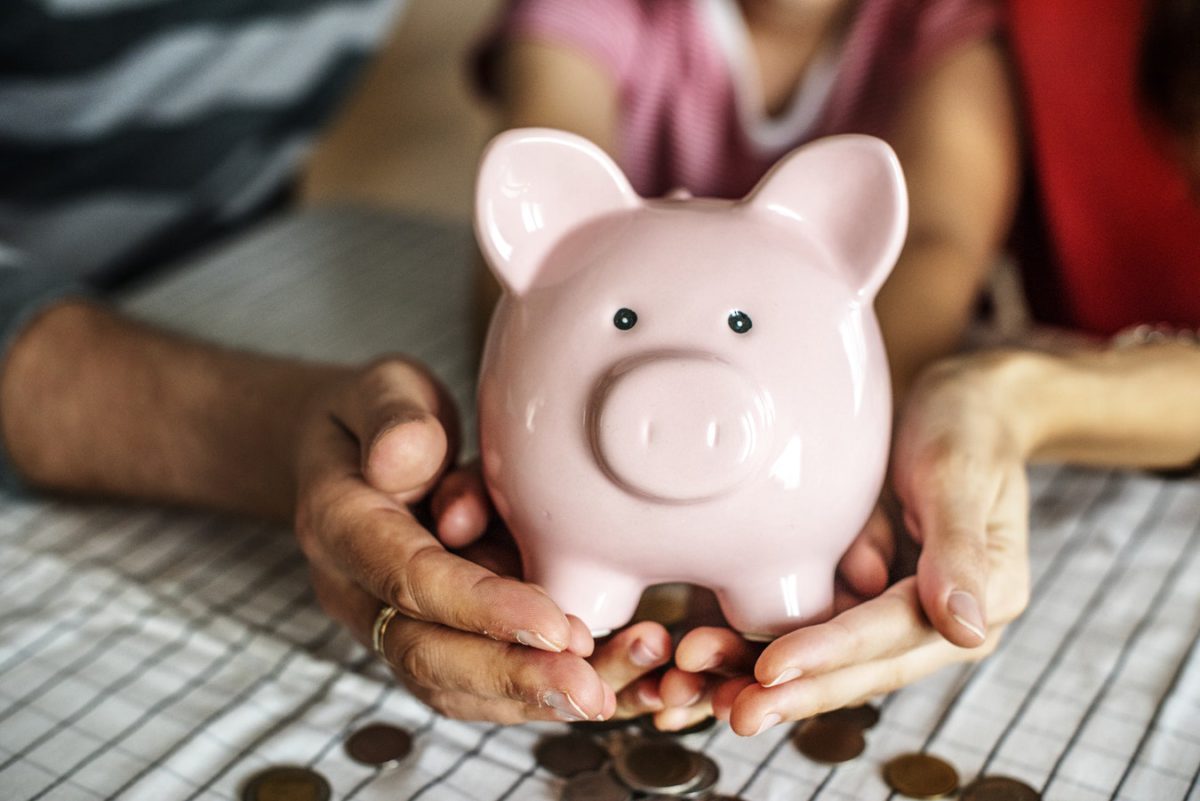
A Millennial’s guide to ISAs and saving money
- February 19, 2019
- Marketing Team
You’re young, earning money and enjoying your twenties. Saving money is hardly on your mind. But it should be, and thinking about it early could result in your future self thanking you!
If you’re young, want some more stability and are saddled with wallets lighter than you’d prefer, this guide can help set up some good habits to save more money in the long run.
Don’t be afraid of ISAs
Despite having a lingering reputation of being too complicated, Individual Savings Accounts are an excellent way to not only save but invest for your future.
What is an ISA?
An ISA is a savings account that allows you to put in up to £20,000, as of the 2018-19 allotted amount, and also allows you to invest that money if you desire. This account is entirely tax-free, which means you get to keep the interests your money earns.
The different types
There are a few different kinds of ISAs, and it’s up to you which one to choose: stocks and shares, cash, Help-to-Buy, Lifetime and innovative finance. You can negotiate a hybrid, based on what you need. Websites such as Money Supermarket can help you compare ISAs and decide which is best for you.
To get a more detailed idea about the different kinds of ISA accounts, give this a read.
So, assuming you have your very own Individual Savings Account, you’ll need to put money in it – a task less daunting than you may think.
Consider a help to buy ISA
A help to buy account allows you to save money to put towards your first home and receive a government bonus of up to £3,000. Such accounts are available to individuals, rather than households, so if you’re planning to buy a home with your partner, you could save up to £6,000.
This ISA is available from a range of banks, building societies and credit unions.
To open an ISA, you must be able to save at least £200 per month. The first time you open you account, you can deposit a lump sum of up to £1,200 to get it started.
In order to receive the governments bonus, you need to be putting the money towards your first home and have saved at least £1,600 (gaining a £400 bonus) and a maximum of £12,000, to receive the maximum bonus of £3,000.
Chart your expenses
It’s advisable to chart out, in detail, where your money goes every month. There are more obvious candidates, such as rent, utilities, internet and phone services and car payments. Then there are more vague categories – groceries, miscellaneous purchases, transit fare, petrol. These aren’t fixed and can vary drastically. Therefore, it’s helpful to establish a chart of how much you spend.
Collate your fixed expenses and arrive at a total. Then, use a basic range of expenditure from past experiences to establish how much you will probably spend in those more nebulous categories (this will become easier and more accurate the more you chart your expenses – the act of recording establishes patterns).
Understanding your spending habits in patterns will tell you exactly where you can reduce expenses, redirect funds and save. This expenditure log can be done on a simple Excel spreadsheet, some examples of which you can find here if you’d like to learn how.
Budget your wallet
Your money – the cash and the digital – can be budgeted even if you don’t have a stable, reliable flow of income (and if you do, this can still help you). The basic idea is to be your own financial planner, and regulate how much you spend every week, and every month. The first step is to set a tangible savings goal.
Instead of saying something nebulous like “I need to save more money”, which doesn’t give you a real quantifiable goal, set yourself a fixed amount of money that you must set aside.
Do this even if it’s uncomfortable; even if you can’t afford that extra cup of coffee because of it.
If your income isn’t consistent, use a percentage instead of an amount – for example, you can allocate 35% of the total money you earn per payment cycle (weekly, bi-weekly or monthly) to your savings account. This way, even if it’s not the same amount every cycle, it’s still the same portion of your income that you’re putting away. Consistency is crucial.
These amount to a method of meeting goals that you set for yourself. While you can log this in any way you see fit, these apps are also extremely useful in saving, expense regulation and goal-setting, and can even sync with your accounts.
Small efforts will add up over time, and employing these tips can pave the path to financial security in your future.
By James Craigmillar
If you rent in London and find money-saving difficult, see our money saving guide for those who rent in London.







